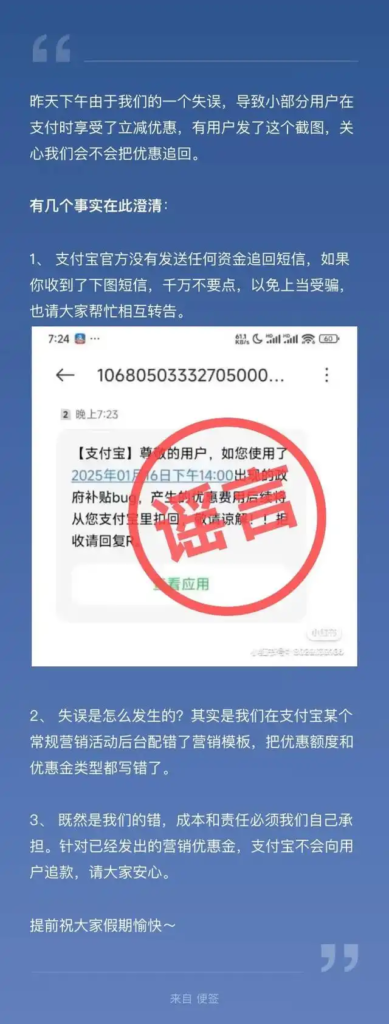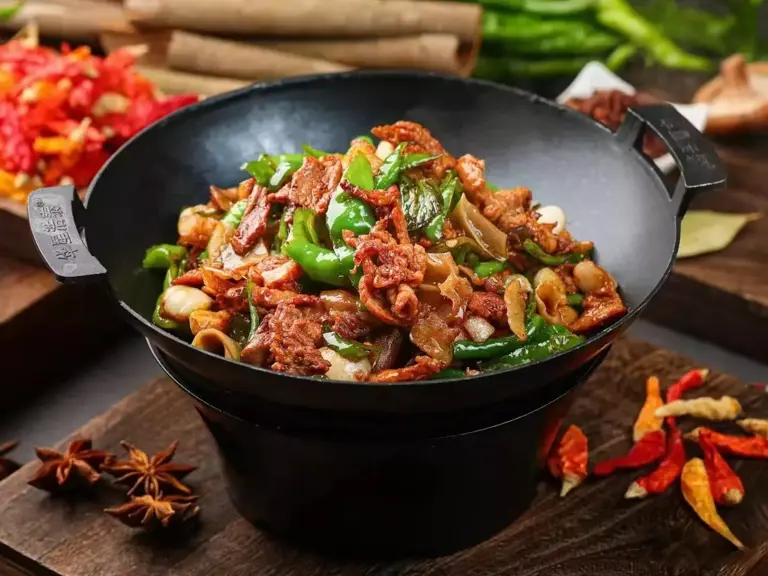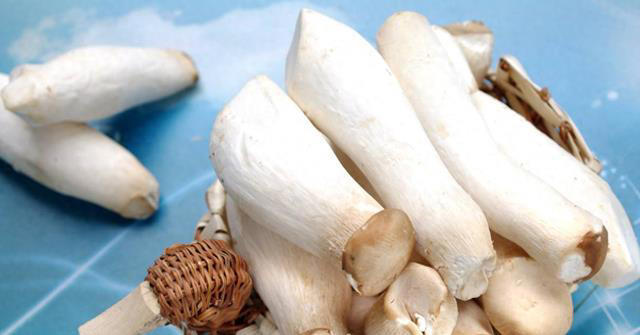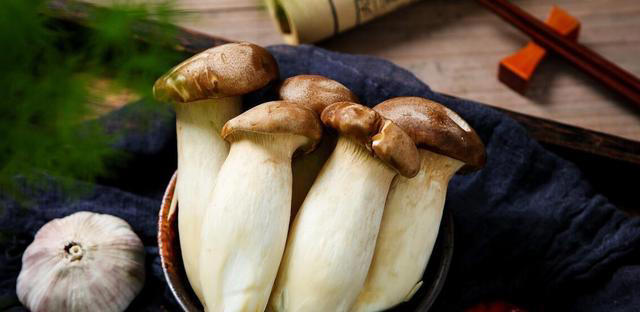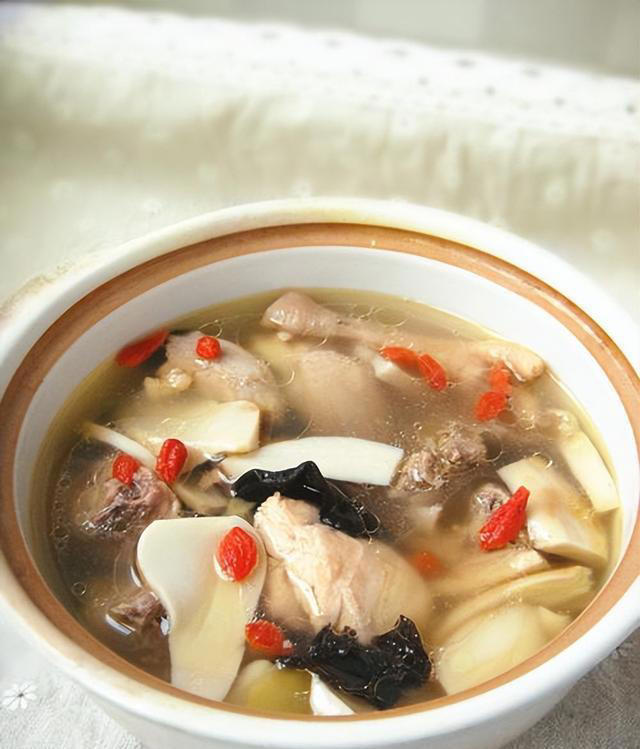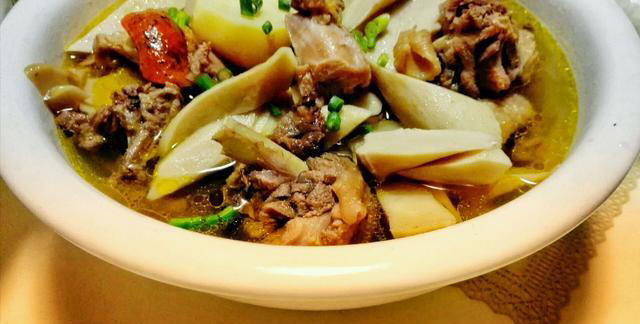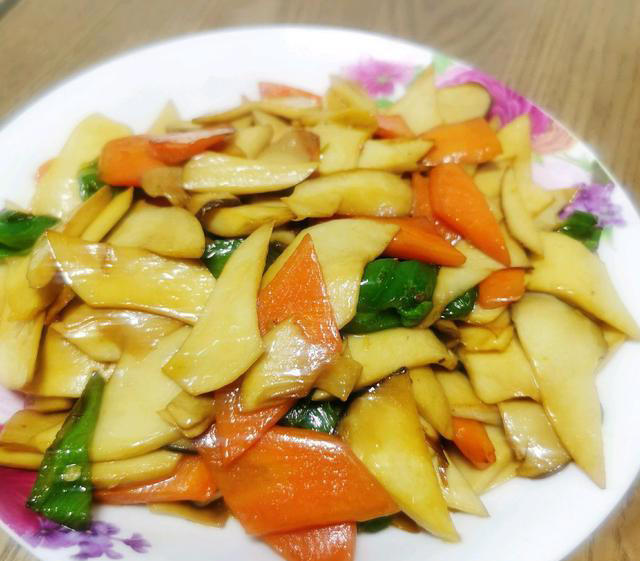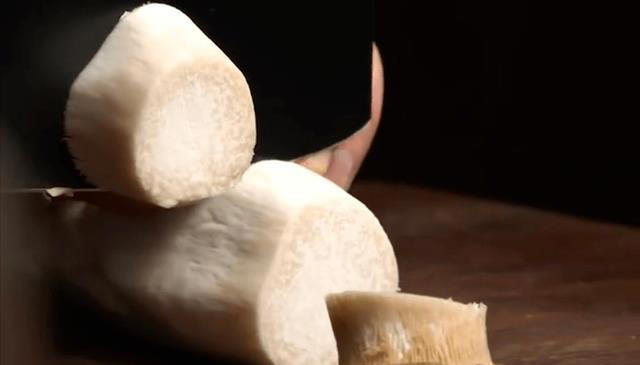Recently, the China Food Science and Technology Society and other units released the “2024 Food Safety and Health Rumor List” to refute several rumors about food safety. Steamed bread can’t be eaten after 3 days of freezing, and the long shelf life of milk at room temperature is due to the addition of preservatives, and excessive pesticides added to off-season fruits and vegetables? Is any of this true?
It is rumored on the Internet that “steamed buns can’t be eaten after 3 days of freezing”
Not credible
There is a rumor that the steamed bread cannot be eaten after 3 days of freezing, because it is worried that if the steamed bread is frozen, mold will still grow inside. Can mold still grow in freezing conditions? Do all the quick-frozen foods we see in supermarkets have safety hazards? Hear from the experts., duration01:06
Fan Zhihong, director of the Chinese Society of Food Science and Technology and professor of the College of Food Science and Technology of China Agricultural University: Under frozen conditions, it is difficult for mold to produce toxin, so we all see a lot of quick-frozen food in supermarkets, and the shelf life is 12 months at -18 °C. But if we put it in the refrigerator compartment at 0~6°C, mold will grow slowly. For example, in five or six days or even a week, you will see some small mold spots growing on the surface of the steamed buns.
The conditions for the growth of each mold are different, and it is rumored on the Internet that aflatoxins will be produced, which is false, because Aspergillus flavus can only produce toxin in a relatively warm environment.
Therefore, if the steamed bun is eaten within two or three days, it can be placed in the refrigerator or at room temperature; If you want to store it for a long time, be sure to put it in the freezer to freeze it.
MSG is a chemical product
Harmful to human health?
Some people say that monosodium glutamate is a chemical product that is harmful to human health. The truth is that monosodium glutamate is made from carbohydrates as raw materials and fermented by microorganisms, and its main ingredient is monosodium glutamate, and there is currently no evidence that monosodium glutamate is harmful to human health., duration01:08
Fan Zhihong, director of the Chinese Society of Food Science and Technology and professor of the College of Food Science and Technology of China Agricultural University: Many people think that monosodium glutamate is chemically synthesized, but in fact, this statement is not true, monosodium glutamate is extracted from food, and it was originally extracted from kelp by a professor in Japan, so food contains monosodium glutamate everywhere.
To be precise, it is glutamic acid (1) sodium or monosodium glutamate, which belongs to the category of amino acids, and amino acids plus sodium ions are monosodium glutamate. An amino acid is a nutrient, and protein is made up of amino acids, so there is no need to be afraid.
But when you eat MSG, you have to control the amount, when you put it in a small amount, it makes us feel very delicious, but if you put it in a large amount, it will bring too much sodium, and one gram of MSG is about 1/3 gram of salt. Especially for young children, it is not suitable for adding MSG. Because the capacity of their liver and kidneys is not yet at the level of adults, consuming too many amino acids at once may cause a disturbance in the amino acid balance.
Attention
Have these rumors ever misled you?
What other rumors related to food safety and health need to be clarified in this list? Let’s find out.
- Table salt with the anticaking agent potassium ferrocyanide is toxic and can not be eaten?
In fact, potassium ferrocyanide is a widely used salt anti-caking agent in the world, which will not decompose at daily cooking temperature, and it is safe to use it reasonably in salt according to relevant standards.

- Out-of-season fruits and vegetables use a lot of pesticides, and eating them is harmful to health?
The truth is that out-of-season fruits and vegetables are produced through advanced agricultural cultivation technology and other means, and pesticide pest control is safe whether it is used in seasonal or out-of-season fruits and vegetables, as long as it meets the requirements of national standards.

- Can regular coffee consumption cause anemia?
The truth is that coffee only affects non-heme iron, such as iron in grains and vegetables, and has no effect on heme iron, such as iron in meat. A reasonable diet and variety of foods can ensure adequate iron absorption, and coffee will not cause anemia.

- Can the ketogenic diet “starve” cancer cells and help fight cancer treatment?
In fact, long-term ketogenic diets can lead to health problems, such as increased kidney burden and poor nutrition. Cancer treatment should be done under the guidance of a doctor and should not be blindly followed on a ketogenic diet.

- Is recombined milk a “fake milk”?
In fact, reconstituted milk refers to the emulsion obtained by reducing dry or concentrated dairy products and water in proportion, which is a commonly used dairy raw material in the world, not a fake and shoddy product, and it can also provide nutrients such as protein and calcium for the human body.


 Entering China
Entering China









